Eco‑Friendly Lodges and Retreats in Lancashire
If you love the countryside but hate the idea of leaving a big carbon footprint, you’re in the right place. Lancashire boasts a growing list of lodges, cottages, and boutique hotels that run on renewable energy, use recycled materials and keep waste low. Below you’ll get the basics on what makes a stay eco‑friendly, how to spot genuine green credentials, and a few practical tips to stay green while you relax.
What Actually Makes a Lodge Eco‑Friendly?
First, look for real actions, not just green‑sounding marketing. Most sustainable properties install solar panels or biomass boilers to generate heat. They also choose locally sourced timber, natural insulation, and low‑VOC paints. Water‑saving fixtures, rainwater harvesting, and composting toilets are common in rural retreats. If a lodge lists a recognised eco‑certification—like Green Tourism Gold or Eco‑Lodge Accreditation—that’s a solid sign they’re walking the talk.
Booking Smart: How to Choose the Right Green Retreat
When you browse our site, filter by the “eco‑friendly” tag. Read the description for specifics: does the property grow its own herbs for the kitchen? Do they offer reusable dishware instead of disposables? Check guest reviews for mentions of recycling bins, bike rentals, or guided nature walks that teach low‑impact habits. A property that encourages you to bring your own towels or offers linen‑reuse programmes is also cutting down water use.
Once you’ve picked a spot, contact the host and ask a quick question about their sustainability policy. Genuine owners love to share details about solar output, carbon offset programmes, or local wildlife projects they support. If they respond with vague answers or deflect, it might be a red flag.
While you’re staying, there are a few easy actions that boost the green impact. Take the reusable water bottle you packed and fill it up at the property’s filtered tap. Use the bike or electric shuttle instead of a car for short trips. Turn off lights and heating when you leave the room, and raise the thermostat only a degree or two if you’re chilly. These small habits add up, especially in a place that already runs on clean energy.
Don’t forget to explore the surrounding countryside responsibly. Stick to marked trails, pack out any litter, and respect wildlife habitats. Many eco‑lodges partner with local farms, so popping into a farmer’s market for fresh produce supports the community and reduces food miles.
Finally, share what you learned. Write a review that highlights the green features you loved. Future travellers rely on honest feedback to choose sustainable stays, and owners use those comments to improve their eco‑practices.
Lancashire’s eco‑friendly lodges give you the chance to unwind in beautiful scenery while keeping your carbon footprint low. With solar‑powered hotspots, locally sourced meals, and a focus on recycling, you can enjoy a guilt‑free holiday that feels good for you and the planet. Ready to book your green getaway? Use the tag filter, read the details, and start planning a stay that’s as kind to the earth as it is to your soul.
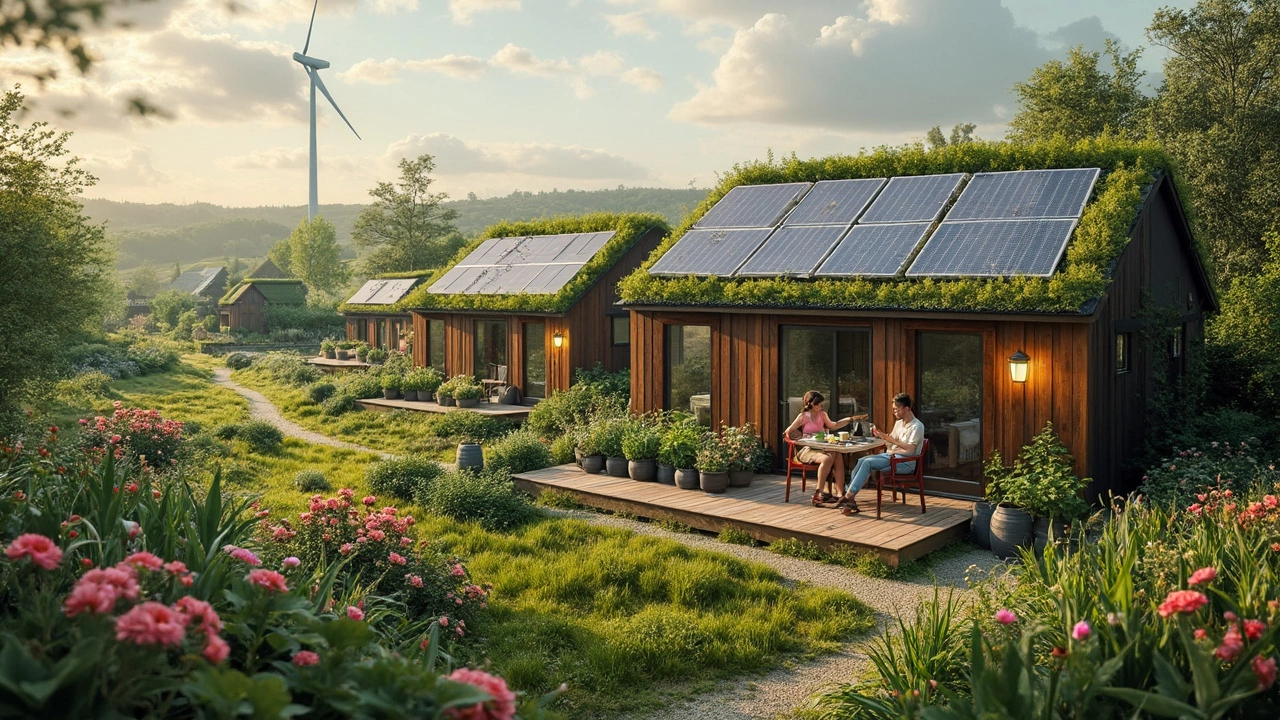
How Are Tiny Houses Eco-Friendly? Your Guide to Sustainable Living
Tiny houses aren’t just cute—they’re also champions for the planet. This article explains exactly how tiny houses help reduce waste, save energy, and use fewer resources. Find out what design choices make them so eco-friendly and what you can do to make your own space even greener. Get ready to discover practical tips and interesting facts about living tiny and treading lightly on the earth. From building materials to off-grid hacks, we've got your eco-friendly curiosity covered.
Continue Reading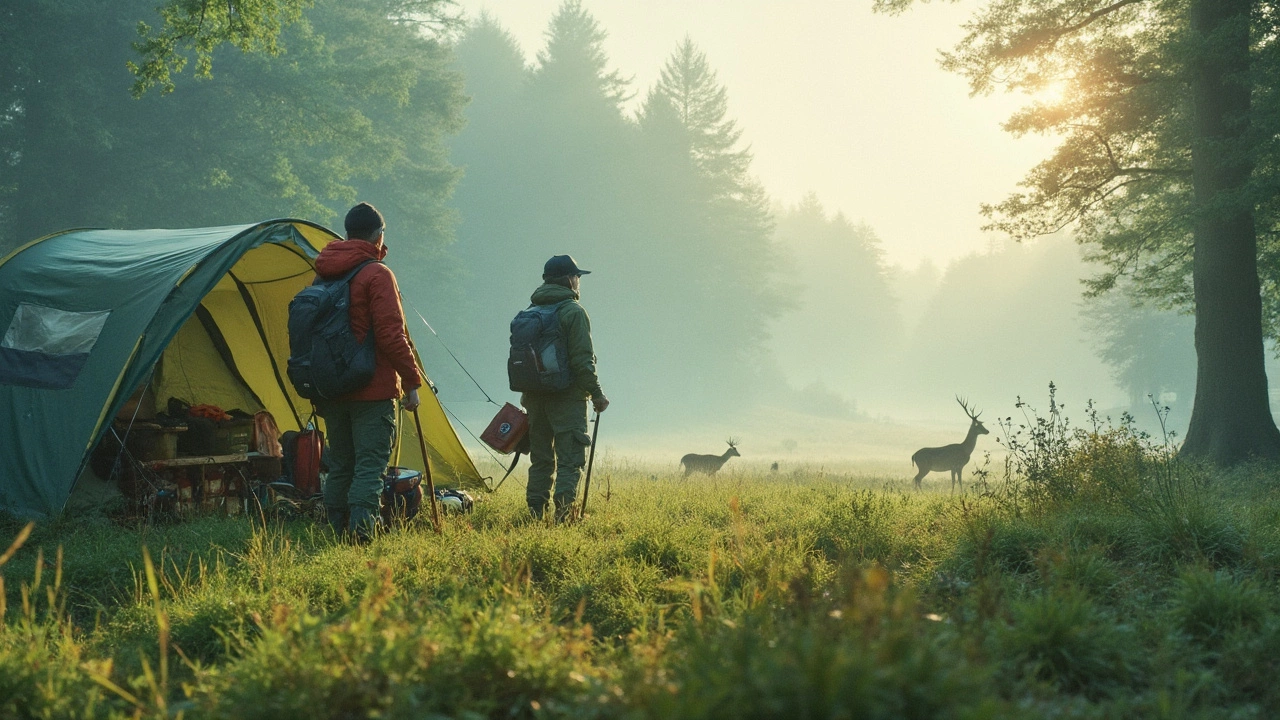
What's the Golden Rule of Camping?
Camping can be magical when done with care for the environment. The golden rule emphasizes leaving no trace, allowing nature to thrive after you're gone. This principle fosters respect for the land and promotes sustainable adventures. Whether you're a seasoned camper or a rookie, adopting eco-friendly habits during your trips can make a real difference.
Continue Reading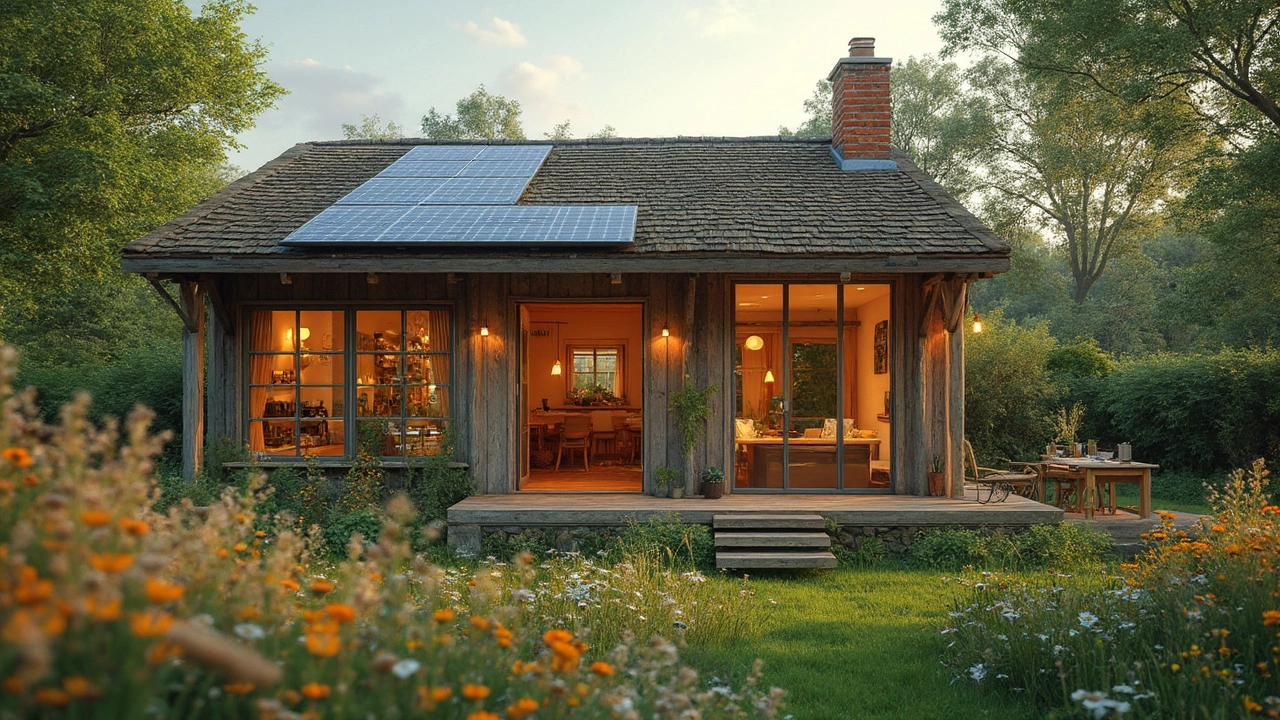
Exploring the World of Eco Cottages: Sustainable Living Explained
Eco cottages are small, sustainable homes designed with eco-friendly materials and strategies to minimize environmental impact. These cottages often use renewable energy sources, recycled materials, and efficient insulation to reduce energy consumption. They provide a simplistic lifestyle aligning closely with nature, all while ensuring modern comforts. This article delves into what defines an eco cottage, how they conserve resources, and tips on creating one that suits your style and needs.
Continue Reading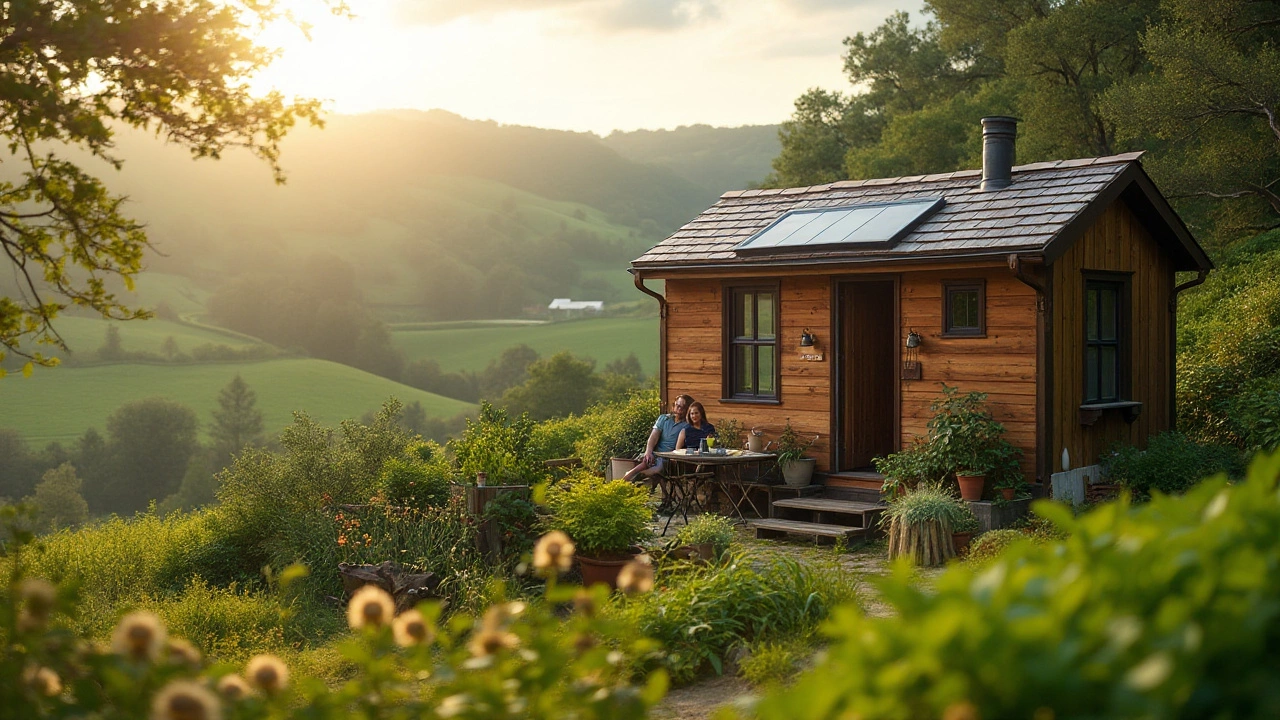
Understanding the Lifespan of Tiny Eco-Friendly Cottages
Tiny houses have gained popularity as eco-friendly alternatives to traditional homes. These miniature dwellings promise sustainability and simpler living. The lifespan of these homes depends on multiple factors, including materials, maintenance, and location. Understand how to maximize the durability and charm of these quaint abodes with practical tips.
Continue Reading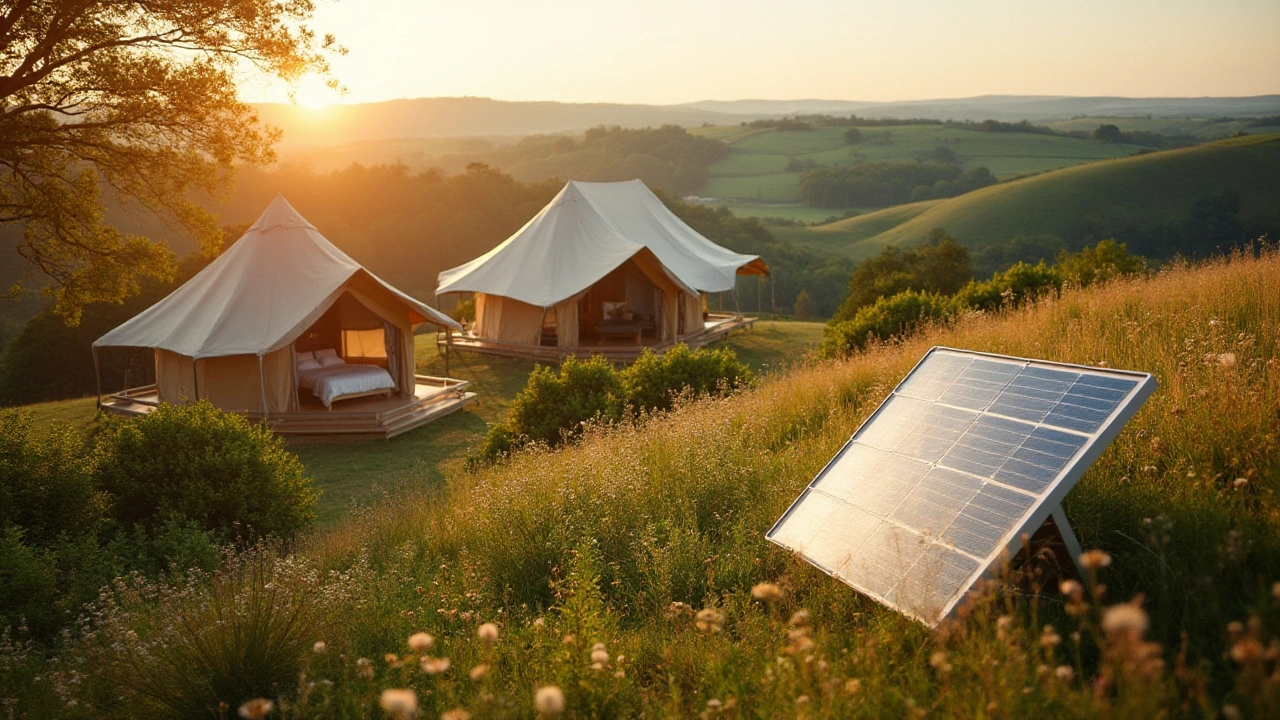
Is Glamping an Eco-Friendly Alternative for Nature Lovers?
Glamping, a blend of glamour and camping, has become popular for those wanting to experience nature without sacrificing comfort. But is it environmentally friendly? This article explores the sustainability of glamping, comparing it with traditional camping and luxury accommodations. We discuss eco-friendly practices in glamping and provide tips to choose the most sustainable options.
Continue Reading